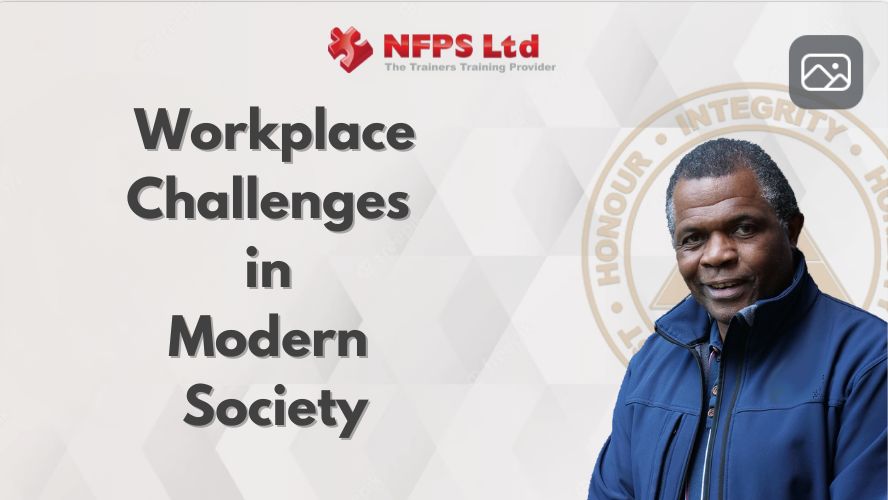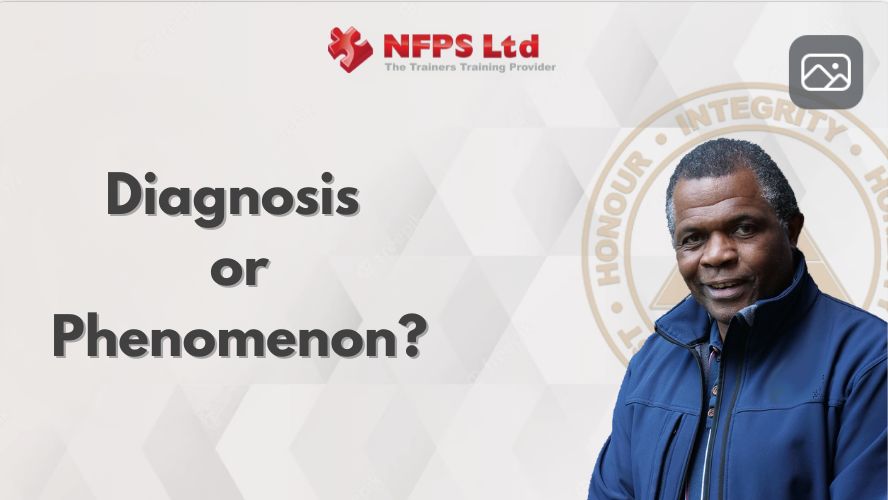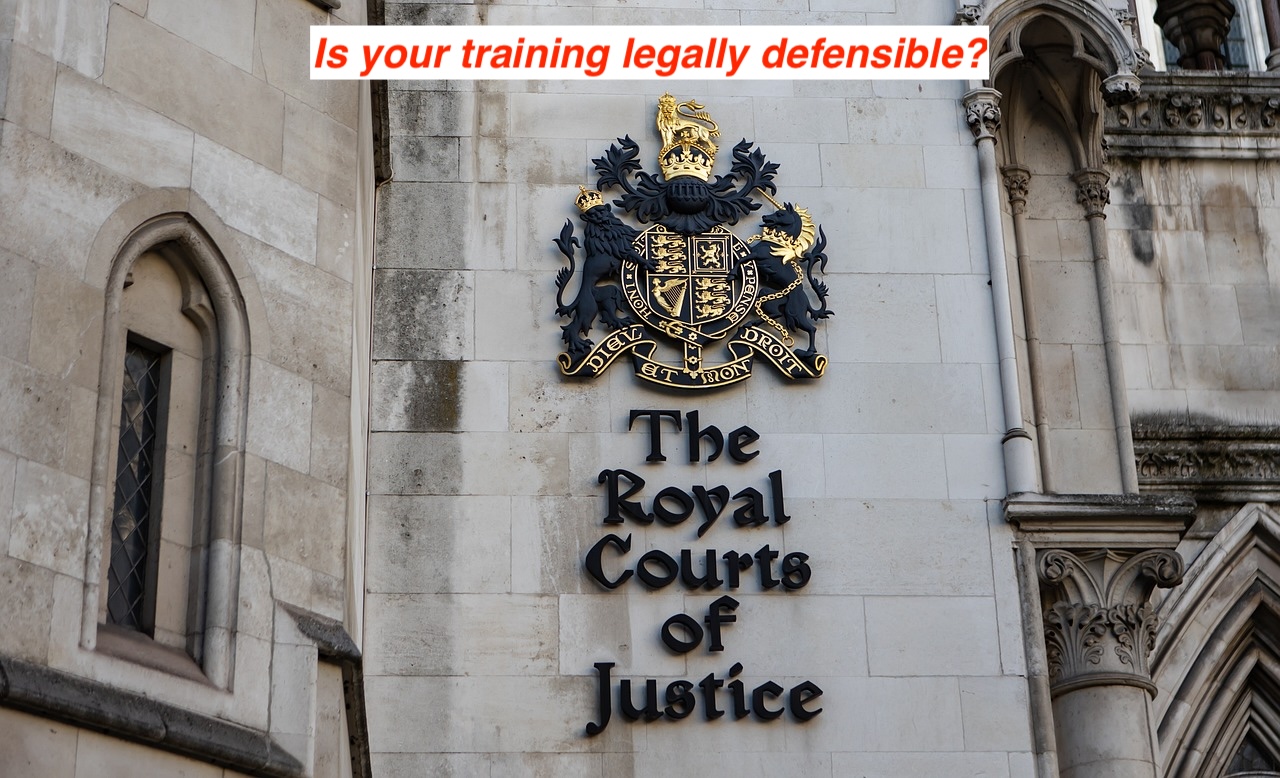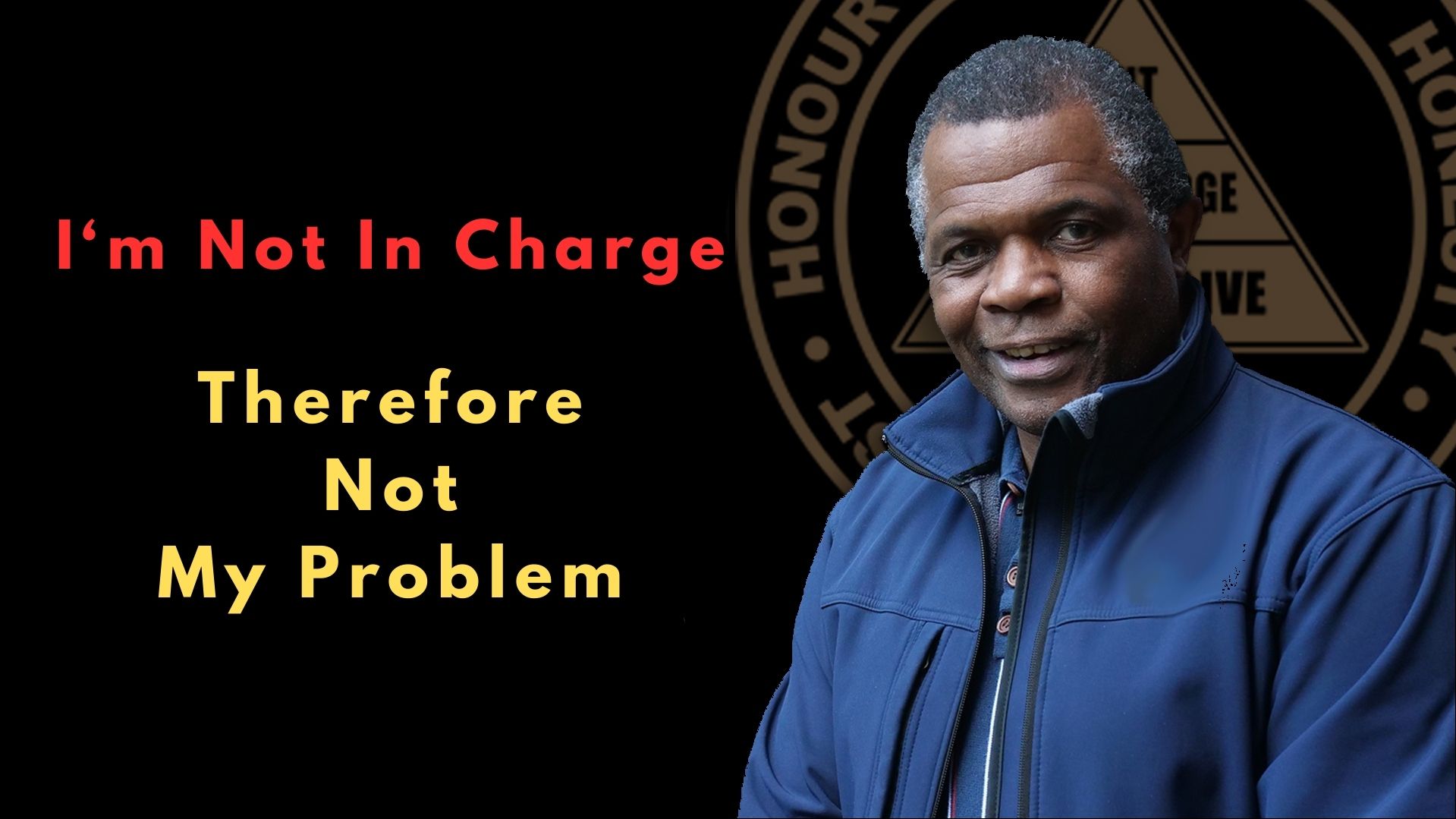Navigating Solo: How to Plan Safe Routes
Travelling alone can be an empowering experience, offering independence and a sense of adventure. However, it also carries inherent risks, particularly if routes are not carefully planned. The tragic stories of individuals who have fallen victim to assaults due to inadequate planning serve as a stark reminder of the importance of safety in solo travel. Let’s explores these dangers and … Read more










